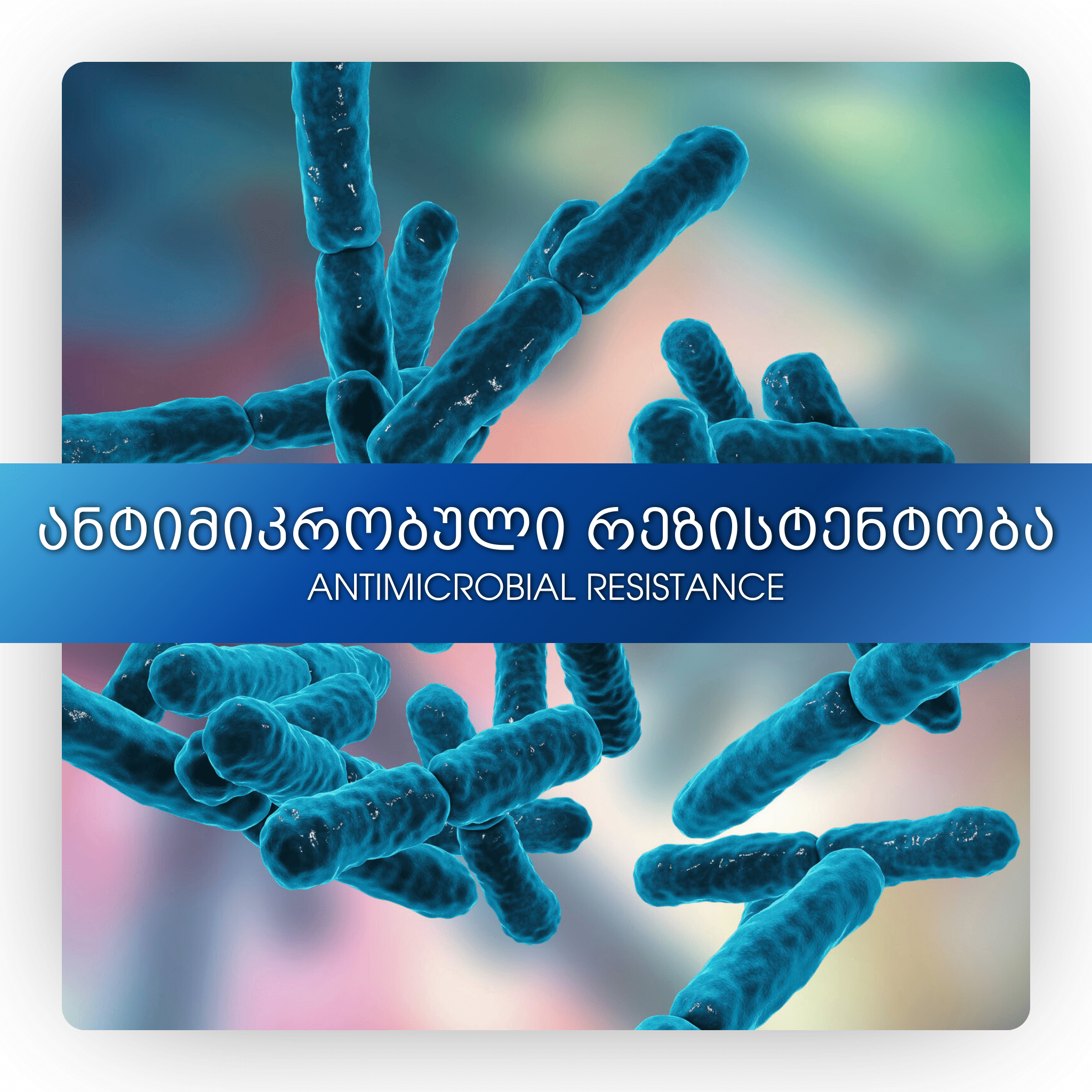Antimicrobial Resistance
Antimicrobial Resistance, Food, and Food Animals
Some of the bacteria that cause food poisoning are antimicrobial resistant—meaning certain medicines do not work against the bacteria. Antibiotic and antifungal drugs save lives, but their use can contribute to the development of resistant germs. Antimicrobial resistance spreads between people, animals, and the environment (for example, in water and soil). Stopping the development and spread of antimicrobial resistance is a key action to protect people, along with preventing infections and improving antibiotic and antifungal use.
Food Poisoning Symptoms
A person with a foodborne infection caused by antimicrobial-resistant bacteria will have similar symptoms to infections caused by bacteria that can be killed by antibiotics. Symptoms can be mild to life-threatening. People with mild symptoms of food poisoning usually do not need antibiotics to get better.
Mild symptoms may include:
◾️ Nausea
◾️ Diarrhea
◾️ Vomiting
People with a severe infection may need to see a doctor, be prescribed antibiotics, or be hospitalized. Resistant infections can be difficult, and sometimes impossible, to treat. This can lead to more costly treatments and higher risks for side effects.
Severe symptoms include:
◾️ Bloody diarrhea
◾️ High fever (temperature over 38.8°C, measured by mouth)
◾️ Frequent vomiting that prevents keeping liquids down (which can lead to dehydration)
◾️ Signs of dehydration, including little or no urination, a very dry mouth and throat, or feeling dizzy when standing up
◾️ Diarrhea that lasts more than 3 days.
Who Is at Higher Risk for Food Poisoning
People at higher risk for food poisoning include adults aged 65 and older, children younger than 5 years, people who have health problems or take medicines that lower the body’s ability to fight germs and sickness, and those who are pregnant. These groups are at risk for severe symptoms or complications from food poisoning, including infections caused by antimicrobial-resistant bacteria.
How Antimicrobial-Resistant Bacteria Can Spread to People Through Food or Animal Contact
Animals, like people, carry bacteria in their guts. This includes antimicrobial-resistant germs, which can get in food in several ways:
◾️ When animals are slaughtered and processed for food, antimicrobial-resistant bacteria can contaminate meat or other animals products, for example, by spreading from contaminated processing equipment or storage bins.
◾️ Animal feces/excrement (poop) can contain resistant bacteria and get into the surrounding environment.
◾️ Fruits and vegetables can get contaminated through contact with soil, water, or fertilizer that contains animal feces/excrement.
People can get intestinal infections, including antimicrobial-resistant infections, by handling or eating contaminated food, or coming in contact with untreated or uncomposted animal poop. People can come in contact with animal poop either through direct contact with animals and animal environments or through contaminated drinking or swimming water. Infections can also spread between people.
Protect Yourself and Your Family
When preparing food, follow the four steps to food safety:
Clean
◾️ Wash your hands and work surfaces before, during, and after preparing food. Germs can survive in many places around your kitchen, including your hands, utensils, cutting boards, and countertops.
Separate
◾️ Separate raw meat, poultry, seafood, and eggs from ready-to-eat foods. Use separate cutting boards and keep raw meat away from other foods in your shopping cart and refrigerator.
Cook
Use a food thermometer to make sure food is cooked to a safe internal temperature:
◾️ 63°C for whole cuts of beef, pork, lamb, and veal, such as steaks, chops, and roasts (then allow meat to rest for 3 minutes before carving or eating)
◾️ 75°C for ground meats, such as beef and pork, and egg dishes
◾️ 75°C for poultry, including ground chicken and turkey
Chill
◾️ Keep your refrigerator 4°C or below. Refrigerate leftovers within 2 hours of cooking (or within 1 hour if food is exposed to a temperature above 32°C).
When around pets and other animals:
Wash your hands after touching them, their food, water, poop, belongings (such as toys and bowls), or habitats (such as beds, cages, tanks, coops, stalls, and barns).
Source: CDC (Centers for Disease Control and Prevention)
